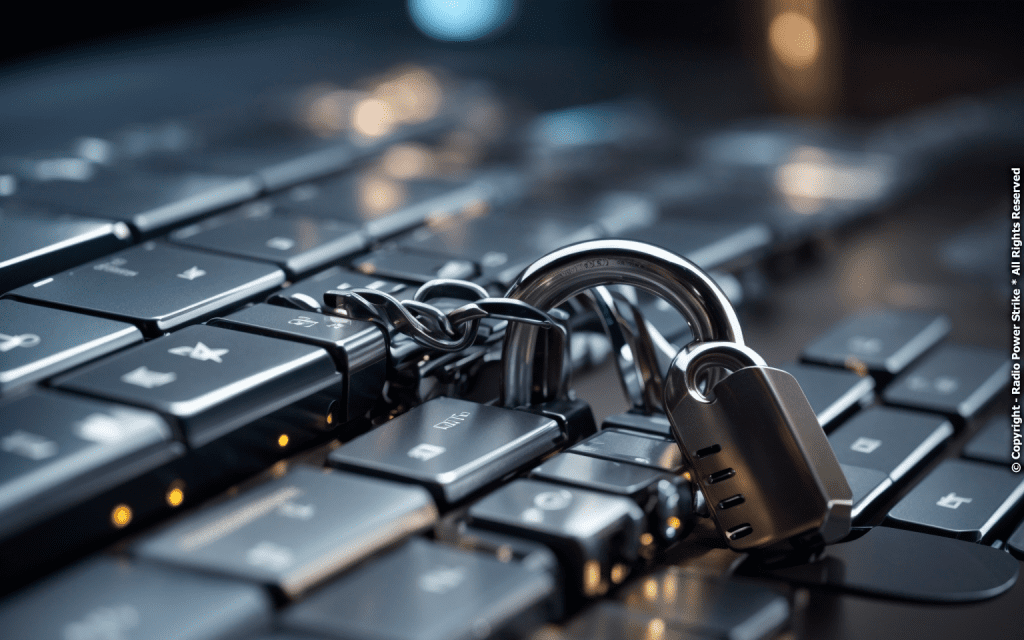
Learn how to strengthen your passwords and enhance your cyber security with our comprehensive guide. Discover the best practices for creating robust passwords and protecting your online data.
In the digital age, the importance of strong passwords cannot be overstated. They are the first line of defense in protecting your online data and personal information. However, creating a robust password and managing multiple passwords for different accounts can be challenging. This article provides a comprehensive guide on how to strengthen your passwords and the best practices for cyber security.
1. Understand the Importance of Strong Passwords
Strong passwords are crucial for protecting your online accounts and personal information from cyber threats. A weak password can easily be cracked by hackers, giving them access to your data.
Creating a strong password involves using a combination of letters, numbers, and special characters. It should be unique and not easily guessable. Avoid using personal information such as your name, birthdate, or common words.
2. Use Unique Passwords for Different Accounts
Using the same password for multiple accounts is a common mistake that can lead to serious security risks. If one account is compromised, all your other accounts using the same password are at risk.
Ensure that you use unique passwords for each of your online accounts. This reduces the risk of multiple accounts being compromised in the event of a security breach.
3. Consider Using a Password Manager
Remembering multiple unique passwords can be a daunting task. This is where password managers come in handy. They store all your passwords in a secure vault and autofill them when needed.
Password managers not only help in storing your passwords but also in generating strong, unique passwords for your accounts. They are encrypted and require a master password to access, adding an extra layer of security.
4. Enable Two-Factor Authentication
Two-factor authentication (2FA) adds an extra layer of security to your accounts. It requires two forms of identification to log in to your account. This could be a combination of something you know (like a password), something you have (like a mobile device), or something you are (like a fingerprint).
Enabling 2FA on your accounts significantly reduces the risk of unauthorized access, even if your password is compromised.
5. Regularly Update Your Passwords
Regularly updating your passwords is a good security practice. It ensures that even if a password is compromised, it won’t be valid for long.
However, avoid changing your passwords too frequently as it can lead to weaker passwords. A good rule of thumb is to update your passwords every three to six months.
6. Avoid Sharing Your Passwords
Sharing your passwords, even with people you trust, can put your data at risk. You can’t control how others store or use your password, and they may unintentionally expose it to threats.
Keep your passwords confidential to ensure their integrity and the security of your data.
7. Be Wary of Phishing Attempts
Phishing is a common technique used by cybercriminals to trick you into revealing your password. They may send you an email or a message that looks like it’s from a legitimate organization, asking you to update your password.
Always be skeptical of such requests. Verify the source before clicking on any links or providing your password.
8. Use a Secure Network
When accessing your online accounts, ensure that you are on a secure network. Public Wi-Fi networks are often unsecured and can be a hotbed for cyber threats.
If you must use a public Wi-Fi, consider using a virtual private network (VPN) to encrypt your data and protect your passwords.
9. Be Mindful of Password Recovery Questions
Password recovery questions are a common way to regain access to your account if you forget your password. However, the answers to these questions can often be found with a little bit of online research.
Choose recovery questions that are not easily guessable and consider using false answers that only you would know.
10. Regularly Check for Breaches
Regularly check if your data has been part of a breach. Websites like ‘Have I Been Pwned’ allow you to check if your email address or username has been compromised in a data breach.
If your data has been breached, change your password immediately and consider enabling two-factor authentication if you haven’t already.
In the digital world, your password is the key to your personal and sensitive information. By following these best practices, you can significantly enhance your cyber security and protect your data. Remember, the strength of your password is a reflection of the strength of your online security. So, make it robust, unique, and secure.
